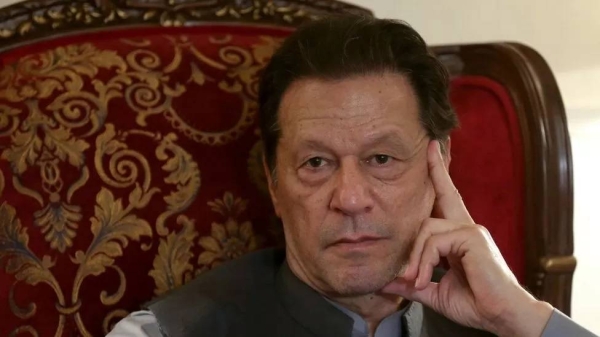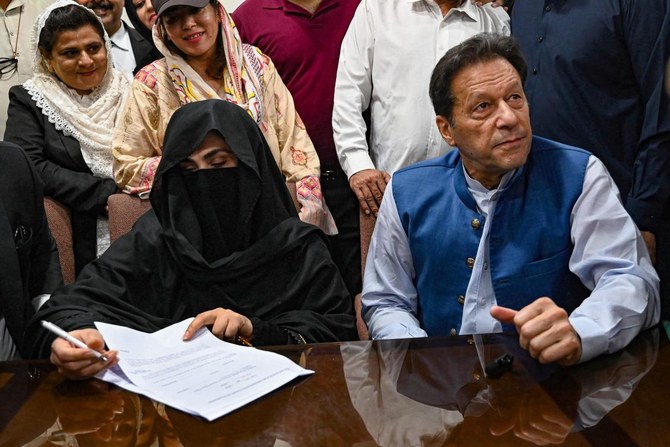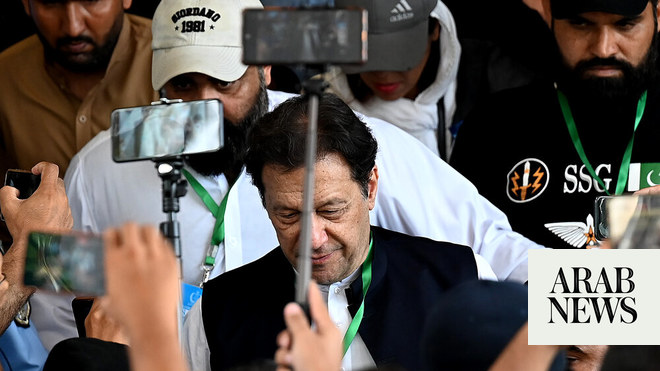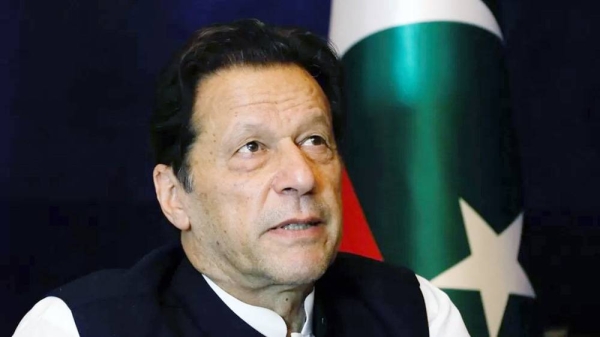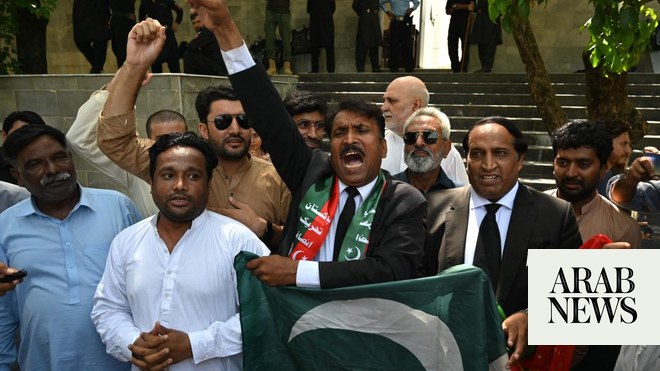
The charismatic 70-year-old is Pakistan’s most popular politician and claims his ousting and subsequent legal cases have been orchestrated by the powerful military establishment
Khan was ousted in April last year, analysts said it was because he lost the support of those same generals who handed him the keys to office
Islamabad: A Pakistan high court on Tuesday suspended former prime minister Imran Khan’s prison sentence for a graft conviction, his lawyer said, but it was unclear if he would be immediately released.
A spokesman for Khan’s Pakistan Tehreek-e-Insaf party said the Islamabad High Court had overturned a lower court’s decision this month to imprison him for three years, a judgment which barred him from contesting upcoming elections.
His party and lawyers said he was granted bail, but they feared the 70-year-old would be rearrested over one of the more than 200 cases levelled against him since he was was ousted by parliamentary vote in April 2022.
“We have filed a separate application requesting the court pass an order barring the authorities from arresting him in any other case,” Gohar Khan, one of the lawyers, told AFP.
“If authorities arrest him in any other case, it will be against his legal rights.”
Khan has been in prison for three weeks since a judge found him guilty of failing to properly declare gifts he received while in office.
Anticipating his release, Khan’s legal team said they would head for Attock Jail, a century-old prison around 60 kilometers west of the capital, Islamabad.
But political commentator Omar Quraishi told AFP “it remains to be seen if the former prime minister will be released and if so, when,” because of the volume of other cases involving Khan.
The charismatic 70-year-old is Pakistan’s most popular politician and claims his ousting and subsequent legal cases have been orchestrated by the powerful military establishment to deny him a second term.
Khan was also briefly jailed on graft charges in May, sparking days of civil unrest, but since then, his PTI party has been targeted by a major crackdown which has vastly diminished his street power and seen most of his senior leadership jump ship or be locked away.
Islamabad said it was targeted by “anti-state” violence during backlash over that arrest.
But rights groups say authorities used overly broad anti-terror laws to suppress PTI, and the domestic press reported pressure to censor or smear Khan on the airwaves.
While Khan was imprisoned this month, Pakistan’s parliament was dissolved at the request of his successor Shehbaz Sharif to pave the way for a caretaker government which will usher in elections in the coming months.
No date for the polls has yet been announced.
Khan, a former cricket star, surged to power in 2018 on a wave of popular support, an anti-corruption manifesto and the backing of the powerful military establishment.
When he was ousted in April last year, analysts said it was because he lost the support of those same generals who handed him the keys to office.
He was replaced by a shaky coalition of the dynastic parties which have historically ruled Pakistan.
But as an opposition politician, he waged an unprecedented campaign against the influential generals, who have staged at least three successful coups leading to decades of martial law.




